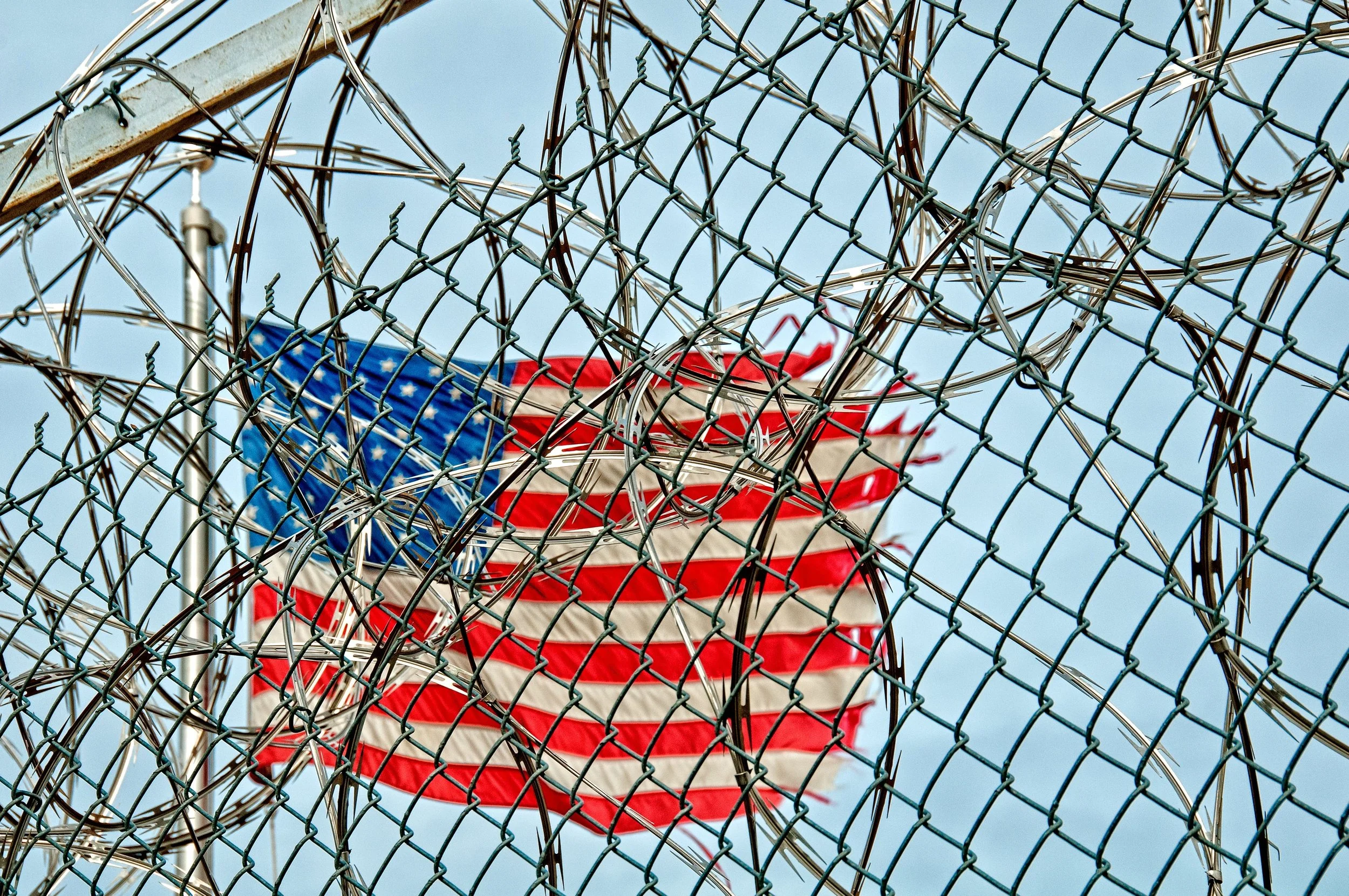The US needs to rethink its punitive legal approach to mental health
The month of June is dedicated to raising awareness of and advocating for men’s mental health but has long been discounted, owing to traditional gender norms largely spreading from cultural and religious principles founded on patriarchy. These have placed unrealistic expectations on men, including the maladaptive belief that they must demonstrate a high tolerance for enduring mental and emotional pain. Consequently, many men internalize their feelings and are hesitant to seek help during times of distress, as admitting to these struggles may be considered a sign of weakness.
The impact is deleterious as untreated emotional turmoil that would initially present as anxiety and depression can rapidly progress into complex psychiatric conditions such as paranoia or schizophrenia. Additionally, research shows that men in the US are 3.5% more likely to die from suicide compared to women.
The ramifications are far-reaching as they reverberate in the criminal justice system. In the United States, more than one-third of inmates were diagnosed with a mental disorder before incarceration. This is alarming, considering that at least 1 in 5 adults - or 58 million people in the country are reported to live with a mental health condition. This daunting statistic surpasses the national population of neighboring Canada or the entire Caribbean subregion.
Worse still is that adults with a history of mental illness are more likely to be incarcerated within two years of losing access to health care. This loss in coverage could be due to various reasons, such as exclusions for certain health conditions, job changes, legal status, family changes, and geographic disparities, among others. Without comprehensive health insurance, life-changing treatment is delayed or foregone. While the Patient Protection and Affordable Care Act - commonly referred to as ‘Obamacare’ attempts to fill this gap, there are loopholes that allow insurers to tailor down coverage. Furthermore, some healthcare providers do not accept the insurance plan altogether.
Addressing this gap not only improves individual outcomes but also reduces long-term societal costs associated with untreated mental health conditions. There is a correlation between access to mental health care and crime reduction.
Using punitive legal approaches to respond to illness is not only unjust but defeatist. It ignores the underlying causes of the scourge and fails to provide effective interventions. It creates a vicious cycle of stigma and discrimination that perpetuates societal injustices against vulnerable populations, including the homeless and those battling substance use challenges. In any case, incarceration often aggravates rather than resolves mental health challenges, leading to cycles of re-offending and worsening health conditions.
While everyone - including those with mental health conditions, must be held accountable for their actions in the pursuit of justice and the promotion of public safety, it is crucial to acknowledge the evidenced impact of mental conditions on behavior. Additionally, it is important to consider factors like cognition and intent when determining legal responsibility.
It is indeed possible to strike a balance that ensures fair treatment while addressing the underlying mental health needs of those involved in the legal system. This calls for a departure from the current over-reliance on jails and prisons as a solution. Instead, there is a need to adopt a humane and effective approach that centers on patients receiving the care they need rather than punishment that perpetuates their struggles.
The government, through the US Department of Health & Human Services, must then prioritize access to comprehensive mental health care towards prevention and mitigation. This requires increased budgetary allocation.The President’s budget for the 2024 fiscal year includes $10.8 billion for the Substance Abuse and Mental Health Services Administration (SAMHSA). This is set to be slashed by $2.7 billion next year. Yet, serious mental illnesses are currently costing the country 193.2 billion dollars in lost earnings annually.
Increased investment in mental health is, therefore, a best buy with promising prospects on socioeconomic returns. The President’s budget for the current fiscal year advances $144.3 billion in discretionary funds to the Health Department. These could be apportioned to infrastructural development and clinical & outreach aspects for mental health.
Secondly, law enforcement personnel need to undergo Mental Health First Aid (MHFA) training to equip them with the skills to recognize and competently respond to mental health crises; including safely de-escalating situations and connecting individuals with appropriate resources. MHFA training empowers law enforcement to approach mental health issues with empathy, ultimately promoting safer interactions and more effective crisis management.
Lastly, the United States needs to ratify the International Covenant on Economic, Social, and Cultural Rights (ICESCR). The ICESCR guarantees, among other things, the right to the highest attainable physical and mental health standards. Further, it provides that countries must create conditions to ensure access to medical care when needed. In 1977, the US signed the treaty expressing its intention to comply. Nonetheless, 47 years later, it is yet to ratify the treaty which would ideally make it binding on the US, providing a legal obligation of the government to ensure access to health as a human right.
Until this happens, jails and prisons will remain inadequate substitutes for proper treatment. Men - and society will continue to suffer from manageable conditions and die preventable deaths.
